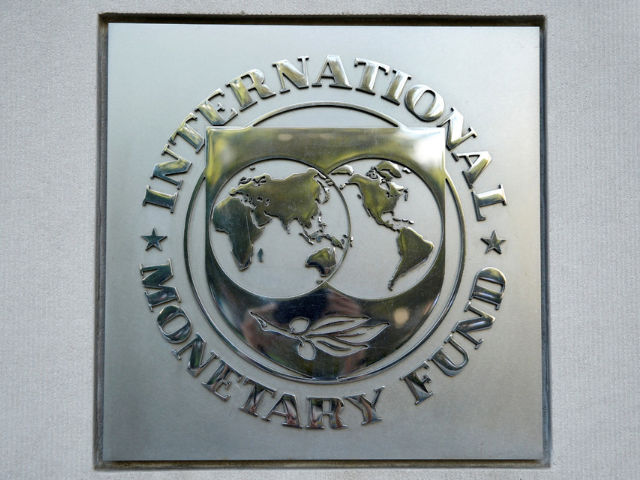A meeting between the International Monetary Fund (IMF) Mission and the Supreme Court’s Bar Association of Pakistan (SCBAP) was held in Islamabad on Monday to tackle critical issues affecting Pakistan’s legal system and its wider economic environment.
The meeting, led by SCBAP -President Mian Muhammad Rauf Atta, focused on improving legal efficiency, contract enforcement and protection of property rights – key areas that IMF believes directly affects foreign investment and economic growth.
Participation in the meeting was the presidents of the High Court Bar Associations of Balochistan and Sindh, Mir Atta Ullah Langove and Barrister Sarfraz Metlo. The session lasted for more than an hour and discussed several areas of concern, especially judicial efficiency, which the IMF mission highlighted as a core problem.
The SCBAP president outlined the ongoing efforts to increase the legal efficiency of Pakistan. He noted the introduction of an e-archiving system of the Chief Justice of Pakistan (CJP), which replaces the traditional filing system, as well as improvements in case management to speed up the disposal of pending cases. In addition, the introduction of video link facilities in the Supreme Court aims to streamline operations and reduce delays.
Furthermore, the SCBAP president highlighted the newly introduced 26th constitutional amendment aimed at improving legal independence and efficiency. According to this amendment, a constitutional bench has been formed to handle complex, high profiled political and constitutional cases, thereby reducing the overload of the court for regular work.
Another important initiative discussed was the institutional system that monitors the judges’ performance focusing on improving the judiciary’s responsibility and efficiency at all levels.
With regard to enforcement of contract, the IMF mission raised concerns about delays and procedural inefficiencies. The SCBAP president responded by recognizing the issue, but assured the mission that the government is working to create a conducive environment to attract foreign investment. Specialized courts and benches are created to specifically address contract enforcement issues.
With regard to property rights, the mission was informed that Articles 23 and 24 on Pakistan’s constitution protects the right to own property and efforts are made to strengthen laws on anti-penachment and enforcement mechanisms.
The meeting was completed with both sides that emphasized the need for economic and political stability as well as good governance to tackle the challenges faced by the justice system and improve Pakistan’s investment climate. The SCBAP president emphasized that the rule of law is the cornerstone of achieving these goals.
The IMF mission agreed to follow up by sharing a questionnaire about the discussed questions with SCBAP and seeking detailed answers along with suggestions and suggestions to tackle the concerns raised.



